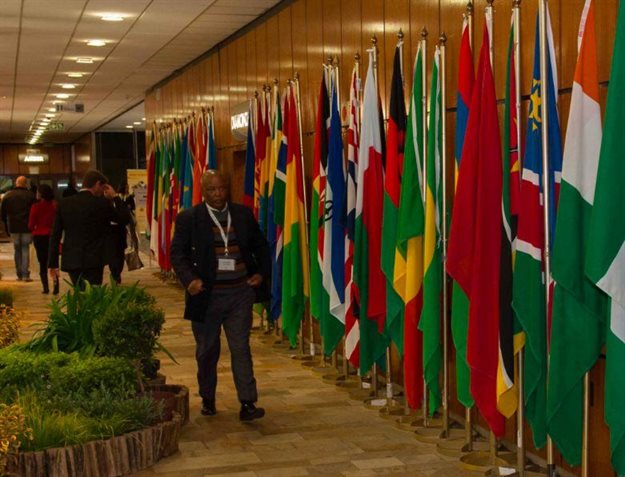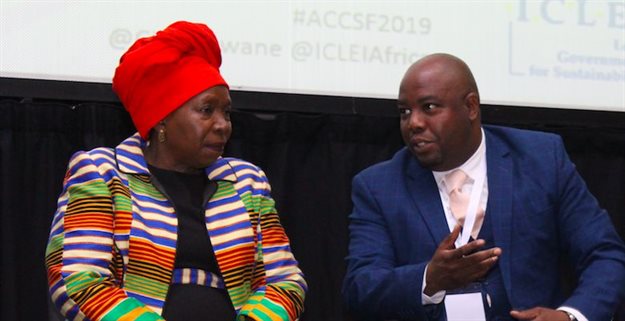Hosted by the City of Tshwane, the 5th annual African Capital Cities Sustainability Forum (ACCSF) is currently under way seeking to collaboratively address the sustainability imperative arising as a result of the urbanisation challenges facing African cities.
The forum, which forms part of Sustainability Week 2019, aims to create a platform for participants to discuss possible interventions, opportunities and threats facing African capital cities and influencing their potential for economic growth, social inclusion and environmental protection. One such threat is the rate of urbanisation in African cities.
According to the World Resource Institute, Africa may reach 50% urbanisation by 2020. “This increasing rate of urbanisation and the social and environmental challenges it poses calls for the proactive planning, innovative design and responsive action to achieve sustainable urban development,” said Mayor of Tshwane Stevens Mokgalapa.
Cities in Africa account for 80% of the continent`s growth domestic product (GDP) and they continue to attract global investment interest. With imperatives like rapid urbanisation, increasing higher education systems and a productive young work force, African cities are booming and attracting the keen interest of investors. The downside is that the high rate of urbanisation that comes with this poses several challenges to the development of cities, with rampant urban sprawl, infrastructure that is unable to cope with development speed and climate change posing the greatest threats.
Vulnerability to climate extremes
From a sustainability perspective, while the urban population keeps growing, cities and the people who live in them will face increasing vulnerability to climate extremes including more frequent, longer and more intense heat waves, longer and drier periods between wet days, exacerbated inland flooding and extended coastal flooding due to sea level rise.
The need for poverty alleviation, good governance, education, social cohesion, food security, sanitation, safety, mobility, energy and water, green economy, infrastructure, waste management and sustainability at the urban scale – all impacted in some way by urbanisation and climate change, and all fundamentals that need to be understood and embraced in order to derive competitive and liveable capital cities across Africa.
“By marshalling the collective power of capital cities to contribute to, and influence, the pan-African and global discourse on sustainability, our aim is to facilitate the exchange of knowledge and learning; and explore how to find truly African solutions to African problems,” continued Mokgalapa.
The theme of this year’s summit is "Inspiring collective sustainability and a climate change drive in Africa", which will be explored through the following topics:
- Unlocking the potential of urban youth
- Improving resource efficiency through sustainable infrastructure and shaping circular economies
- Building resilience to climate change and investing in disaster risk reduction
- Improving equity through a people-centred approach to urban development
- Financing and governing the future
The forum is attended by mayors and city managers from African capital cities, as well as sustainability stakeholders from academia, the private sector, civil society and youth.
“One of the key outcomes of this year’s African Capital Cities Sustainability Forum is the establishment and adoption of an institutional support structure which will keep capital city mayors and technocrats engaged and committed throughout the year in a drive to curb the challenges we’re all facing. The intention is that such interaction may lead towards the emergence of true African excellence in relation to urban development, and that through the natural leadership position of capital cities, innovations will be passed on to other African cities,” said Sello Mphaga, divisional head of sustainability in the City of Tshwane.
















































